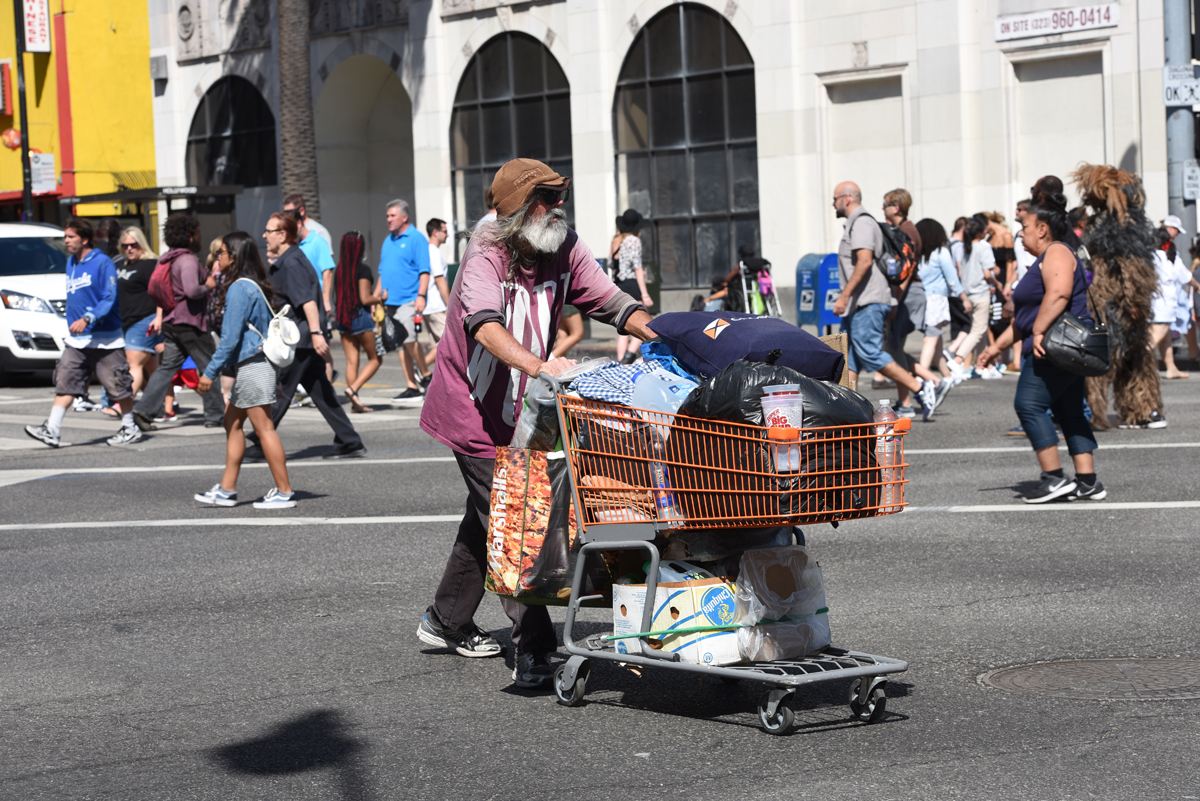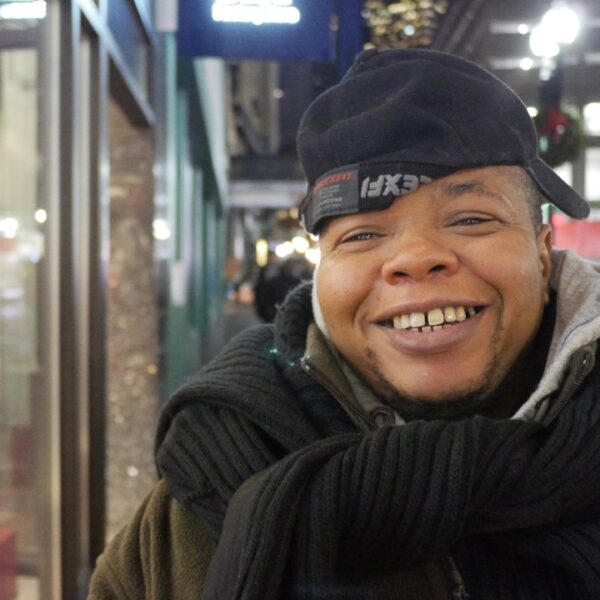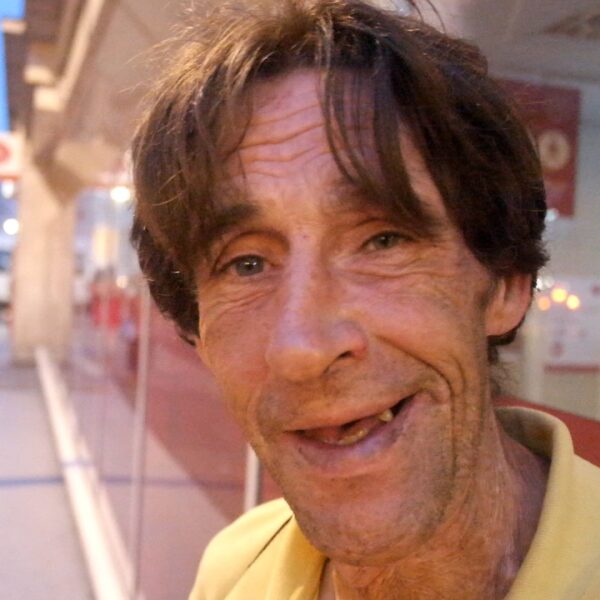As we bare down in preparation for a possible new international shutdown, tens of millions of Americans face the looming threat of eviction. Many of them might be thinking about homelessness for the first time in their lives – wondering how or if it could happen to them. Wondering how or if it might happen to someone they know.
Even in the dead of winter with an international health emergency declared, new tents are pitched in city parks each night. New families huddle inside vehicles, working people becoming statistics as engines turn over. When their lives are collectively strung together, they are all just seen as numbers on the latest economic charts. How did we get here? Isn’t homelessness a choice? Doesn’t it only happen to lazy people or drug addicts or violent mental health patients?
The answer to all of the above-listed questions, of course, is no.
This is a picture that has been falsely painted in order to make individuals appear at blame for structural flaws in our social system. We are taught to believe that wealth and social status are reflective of our own personal actions. Statistics show that the opposite is true.
When all the available data is reviewed, it becomes clear that most (perhaps even all) of the leading causes of homelessness feature one common denominator – wealth inequality. Naturally then, the answer to many of these social ills lies in the roots of that common denominator. What causes wealth inequality in a “first-world-country”, or any country for that matter? How big of an issue is it? And how can we shift the paradigm for good?
Below are a few underlying causes of the wealth inequality that creates homelessness in the United States of America.
1. Extremely Uneven Wealth Distribution
Historically, humanity has lived in a world of rich and poor as various different social systems cycle through the ranks, all taking different approaches but essentially achieving the same dissatisfying results. The thing that makes America distinct is the fact that it managed to masquerade itself as having a more even playing field compared to other countries. American capitalism greatly emphasizes its thriving “middle class” and has been doing so for centuries.
This is a great feat indeed because America doesn’t actually have a middle class. While this truth is more evident in recent years, the harsh reality is that it never has. You might think that isn’t possible, but it all comes down to one word … middle.
The universally accepted definition of the term “middle” is a point that holds an equal distance between two extremes. In order for a “middle-class” to exist, it would therefore need to be centrally positioned between rich and poor. What we see in the United States, however, is that the wealthiest 5% of the population maintains at least two-thirds of the country’s wealth. In fact, of all developed countries across the globe, the USA bears the largest disparity between rich and poor. To give you a visual point of reference, this is what wealth in America would look like if it were distributed as beverages labeled small, “medium” and large:

As you can see, wealth inequality in America is definitely an issue. It could even be argued that it is The Issue, sitting at the heart of all national division. What’s baffling is how many people refuse to accept that it exists. How has it gone unnoticed, unchecked for all these years? Well, the answer rests in reason number two – human nature.
2. Relative Income Hypothesis A.K.A. Our Natural Inclination to Want to be Better than Others
“Relative income hypothesis states that the satisfaction (or utility) an individual derives from a given consumption level depends on its relative magnitude in the society (e.g., relative to the average consumption) rather than its absolute level.” ~International Encyclopedia Of The Social Sciences, 2nd Edition
Psychological studies show that once basic needs are met, the average human being is not content with just having more. No. The average human is preoccupied with having more than. Wondering more than who? The answer is really anybody, but at the very least somebody. However disheartening, having more than somebody is a universal goal of humanity.
Through this lens, it becomes apparent that the best way to keep 98% of the population on the bottom is to place a small fraction of them at rock bottom and then very subtly suggest that those above them are more fortunate and also better people in general.
Homelessness doesn’t have to exist in an industrialized society at all. It’s there to make you feel good when you remember that your Toyota is not a Ferrari. It’s never right there in your face because no, you’re not a monster. Rather, it presents itself as background noise.
Homelessness is a subliminal message playing softly in far-flung corners of your mind. It urges you to do what you have to do to avoid it at all costs. This is why homelessness is made to seem like a choice or flaw. This is despite the fact that homelessness exists by design and is very much interwoven into our national economy.
3. Individualism
Unlike uneven wealth distribution and social status comparisons, which have always existed to some extent, individualism is a newer contributor to wealth inequality. Ironically, it ties in quite well with the rise of senior homelessness in terms of its timing.
Naturally, individualism creates division even within the immediate family. When/if it gives way to homelessness, further division of the family unit is encouraged through the shelter system as parents are taken from their children, and fathers are often refused entry.
Individualism is so widespread in our modern era that Psychology Today coined the phrase “toxic individualism” claiming:
“Our societal narcissistic streak has led to mass tragedy.” ~ Jean Kim M.D.
Toxic individualism is arguably the necessary spawn of toxic capitalism, a dizzying display of what happens to humanity when it is constantly bombarded with the myth that everyone can just become a self-made millionaire if only they were to try a little harder. And so, 30.7 million small businesses are founded, of which 95% will fail in their first five years. Meanwhile:
- Families become separated
- Older loved ones are ignored
- Children spend less and less time at home
4. Public Perception of “Working Harder”
Henceforth, the individualist mindset equates poverty with personal failure despite the fact that statistical data supports the opposite finding. The National Bureau of Economic Research cited the following as some top causes for rises in income inequality:
- a decline in the real value of the minimum wage
- decreased union density for men
- adverse effects from natural disasters like Hurricane Katrina
- a sharp increase in skewness within labor compensation
In brief, the study concluded that since 2005,
“only the top 10 percent of the income distribution enjoyed gains in real wage and salary income equal to or above the rate of productivity growth”.
This study is one of many that proves that even though income is soaring for America’s top 10% of earners, hard work and persistence did not play a pivotal role in the compensation. Furthermore, when examining income mobility, researchers found that “people who begin life with low income are likely to stay that way, and this has changed little over time.”
Even with abundant evidence to the contrary, a full quarter of the US population firmly believes that poor people are just not working hard enough. The underlying message here comes straight out of Animal Farm. The public perception continues to be “if one wants to avoid homelessness, one simply has to work harder”.
To that end, we’ve turned the affordable housing market into a kind of musical chairs. When the music stops, we are all scrambling against each other until someone inevitably falls to their depths, catching air where there should have been cushion.
At a glance, the playing field looks even because the bottom 90 percentile earners start at a similar point of disadvantage, being just a paycheck or two away from living unhoused. Then people are taught that the strategic climb to the top is rooted in hard work.
Not only do we buy right into this deceitful concept, but we sell it too. We sell it to ourselves and each other. We pawn it off on the vulnerable and then wallow in shallow puddles of conceit. And this purchase costs us all our waking hours.
It’s why homelessness exists in a contemporary, industrialized society – so you’ll work harder.
It’s why homelessness exists in a country where there are approximately 31 vacant homes for every singular homeless person – so you’ll take that extra shift.
It is why homelessness exists when we can build 3d printed houses in under 24 hours for less than $10,000 a unit – so you’ll apply for that second job.
It is why we spend billions of dollars creating and enforcing anti-vagrancy legislation – so you’ll keep on feeding the machine.
The cups are on the corners now. The tents sway in the billowing wind and freezing snow. Is the whole world really out of change? Talk to your local representatives about ending the barbaric practice of homelessness by making housing a human right that never goes unfulfilled again.













